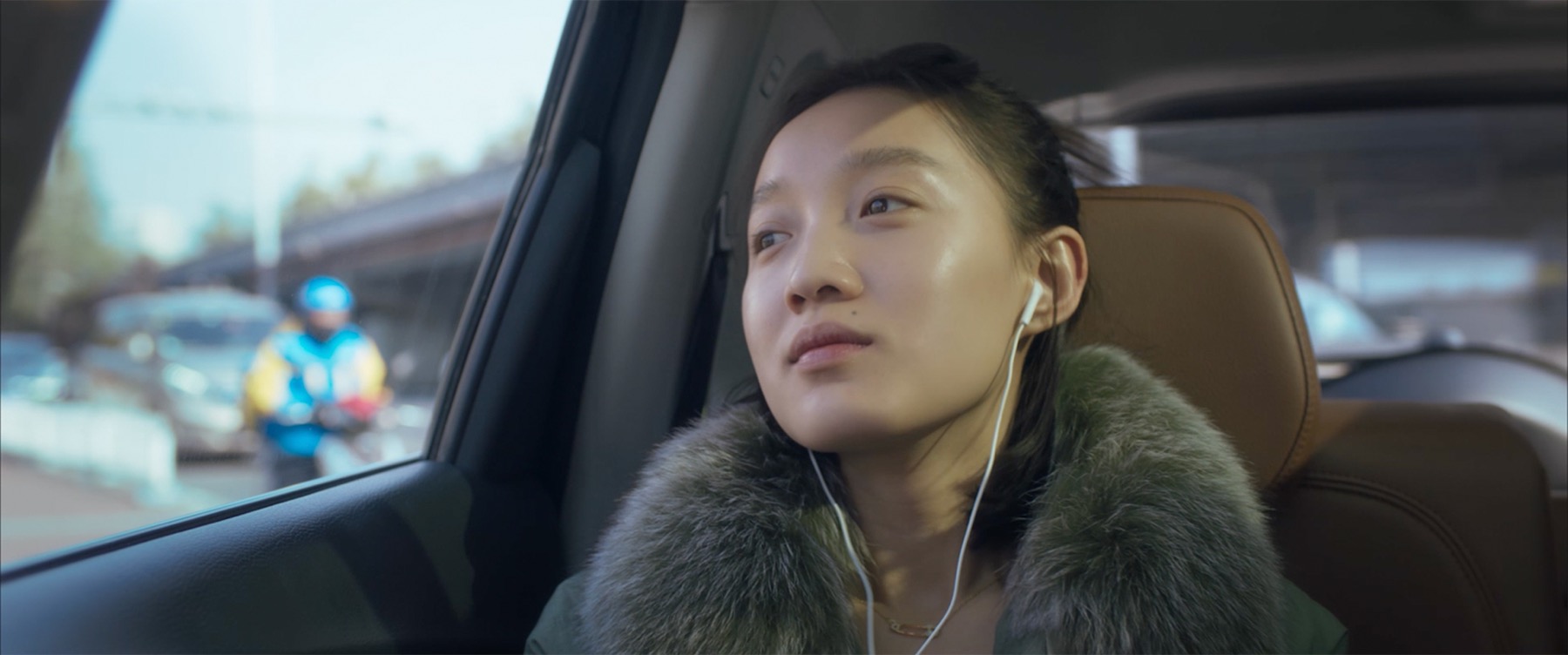‘Hero’: China’s pandemic seen through three COVID-stricken cities
Directed by three Golden Bear-nominated Sinophone filmmakers, this anthology film proves a disappointingly tawdry fare, full of conservative messages.

Earlier this year, when the release of the pandemic-themed film Ode to the Spring, about “spring and hope,” was postponed from April to July due to stringent lockdowns across China, the irony was a bit too on the nose. But the recent release of yet another pandemic film proves that irony will never die. Hero, which celebrates “ordinary people’s extraordinary persistence in life,” was recently released amid a fresh round of lockdowns, and was followed by Beijing doubling down on its COVID-zero policy. Persistence, indeed.
For this pandemic-themed omnibus, three of the most acclaimed female directors of Sinophone cinema – Lǐ Shǎohóng 李少红 (Blush, Stolen Life), Joan Chen (陈冲 Chén Chōng, Xiu Xiu: The Sent-Down Girl), and Sylvia Chang (张艾嘉 Zhāng Àijiā, Love Education) — team up to make the worst film of their career. According to Douban, a popular Chinese review website similar to IMDb, Hero is the lowest-rated film for all three helmers, save for Li’s 2007 pseudo-ghost thriller The Door.
Hero opens with Li Shaohong’s Wuhan story, set in January 2020. When Shen Yue (周迅 Zhōu Xùn, Suzhou River) contracts the virus and ends up quarantining in her bedroom due to a shortage of hospital beds, the atmosphere at home gets tense. Her bad-tempered mother-in-law (许娣 Xǔ Dì) wants her as far as possible from her son and grandson, but Shen Yue’s unwary young son has no concept of social distancing and her husband (白客 Bái Kè) is sadly incapable of taking care of the boy.
The pace of the chapter is rushed to the extent that it feels like a compilation of two- to four-minute scenes, rather than a coherent whole. This effect is made worse by a baffling insertion of low-quality drone footage. But the error is not entirely on the part of Li’s husband and longtime collaborating cinematographer Zéng Niànpíng 曾念平, or the editor. The main problem lies in the mawkish story that unfolds like a soap opera, penned by Gāo Xuán 高璇 and Rèn Bǎorú 任宝茹, a writing duo who has worked together on TV scripts since 1996. Tears are shed in abundance, set to an equally cloying score, but no emotional connection is allowed between the characters and the audience. Even if the characters were better developed, the film’s messages regarding motherhood, wifehood, and momma’s boys are dismally problematic.
Next up is the Beijing story, written and directed by Joan Chen, who is better known for her acting roles, as in Bernardo Bertolucci’s The Last Emperor. Shot almost completely in black and white, the episode introduces us to a young couple. Xiaolu (黄米依 Huáng Mǐyī, Gaey Wa’r) is at her parents’ home in Beijing for the Lunar New Year holiday, and her boyfriend, Zhaohua (Jackson Yee/易烊千玺 Yìyáng Qiānxǐ, Better Days), is in Wuhan with their cat. Zhaohua catches the virus but decides not to go to the hospital, since there are many other patients in worse condition. Separated and helpless, the couple can only find some solace through their daily video calls (which are tellingly in color).
With the help of a subdued plot, Huang’s admirable performance, and Jonathan Lele Young’s meticulous camerawork, Chen’s is the only chapter that feels like an actual film. Although as episodic as the Wuhan story, the scenes here are weaved together much more deftly by Zhōu Xiàolín 周肖林, who also edited Zhāng Yìmóu’s 张艺谋2018 film Shadow. The film manages to contrast the situations in different cities and acknowledge the scale of the pandemic and the sense of loss through its powerful closing scene.
Finally, the anthology ends with Taiwanese writer-director Sylvia Chang’s Hong Kong story. Set a month after the previous two shorts, the story revolves around a photojournalist couple and their struggle to juggle their career, kids, and marriage. Chelsea (Sammi Cheng/郑秀文 Zhèng Xiùwén, Infernal Affairs) and Darren (Stephen Fung/冯德伦 Féng Délún) are living separately, but the nature of their job often makes them cross paths, albeit briefly. When their young son gets sick and is put in the hospital, they finally have a chance — or have no choice but — to talk while waiting for the test results.
Unfortunately, Chang’s part is along the same vein as Li’s. Suffering from a sloppy script and a lack of cinematic quality, it resembles public service announcements on the metro in China that advocate “core socialist values” such as harmony and dedication. Aside from the heavy-handed, desperate reliance on slow motion to convey emotions, the film eventually pushes a conservative message about the importance of a “whole” family and “motherly duties.” Perhaps even more surprising is its irrelevance to the anthology. While the other two stories focus on the virus and all that it entails, here the pandemic is a mere backdrop and can be taken out without any narrative loss.
As a whole, Hero is not as sentimental as other pandemic-based “main melody” movies such as Embrace Again (2021) and Ode to the Spring (2022). But it is equally in poor taste. At the film’s premiere in China, actress Zhou Xun is reported to have said, “The stories in the movie are all our real feelings. Everyone has a resonance. In the face of a sudden disaster, everything can be forgiven.” That last sentence remains incorrect, however, when it comes to this disaster of a film.
Hero is screening in select theaters in the U.S. and Canada from September 30.







